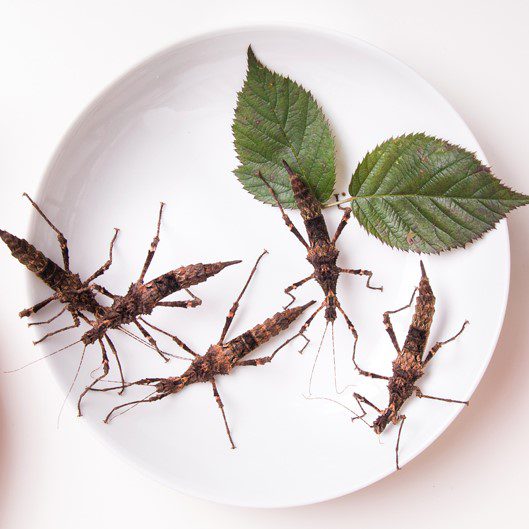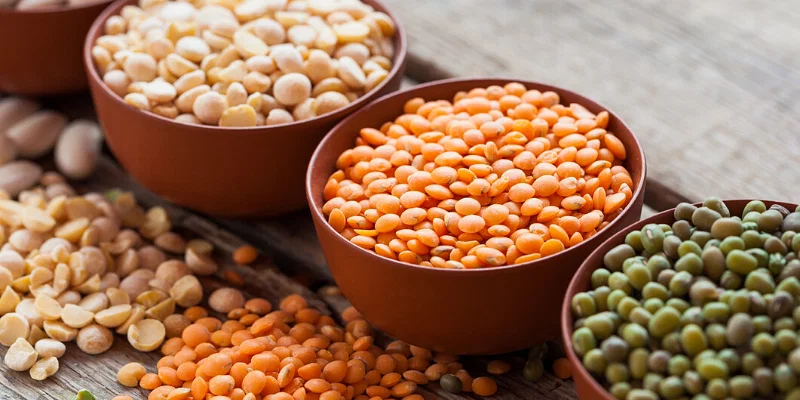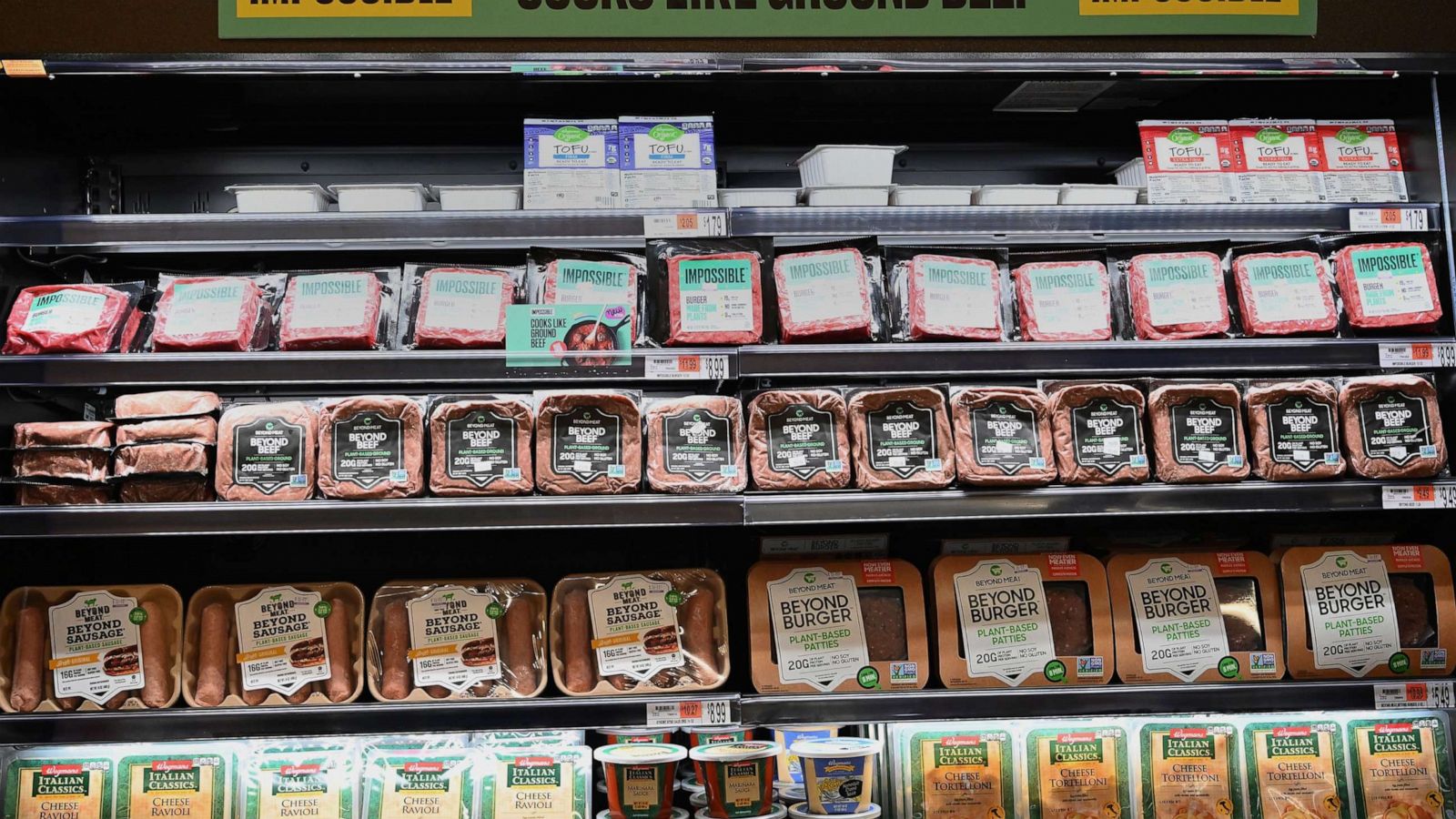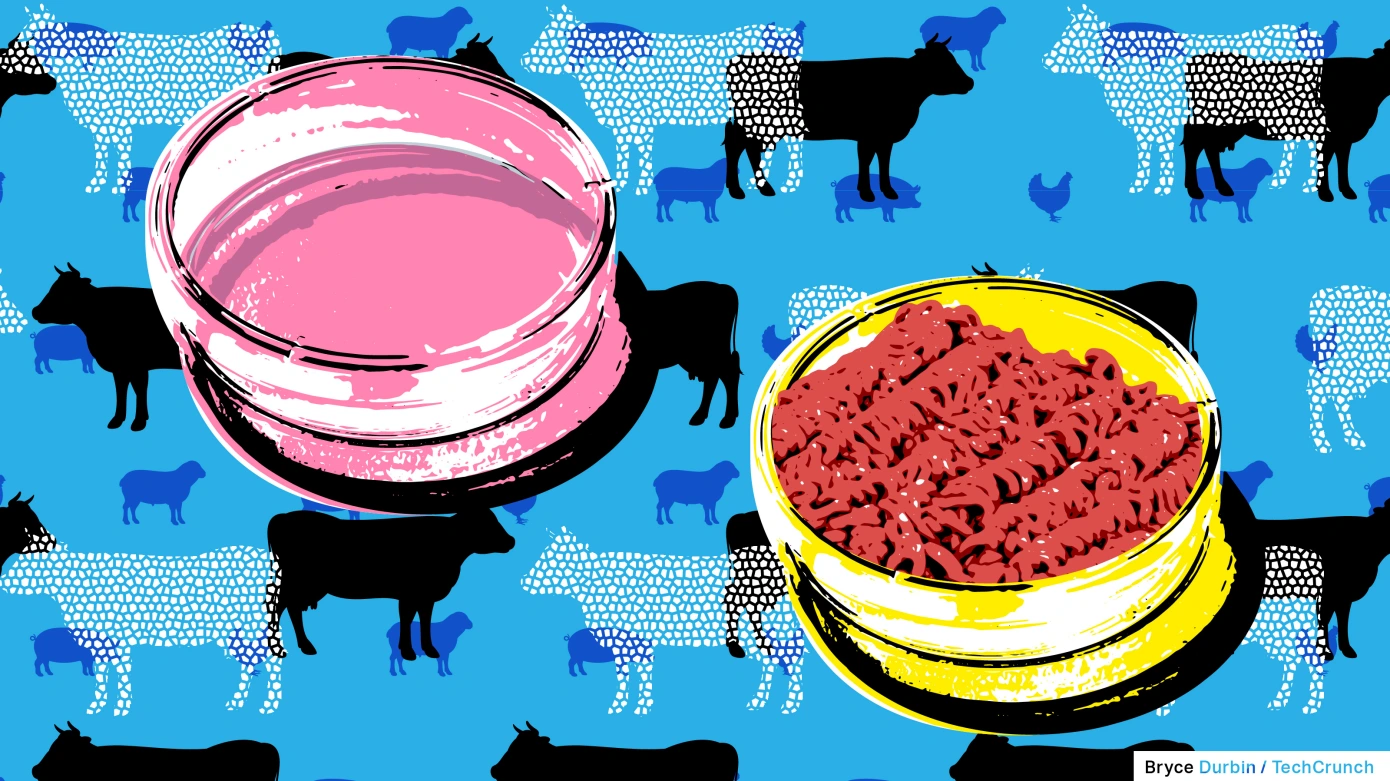The ValuSect consortium of European insect producers has extended €460,000 (US$496,600) worth of services to 18 edible insect enterprises. The selected companies will get help from expert partners to develop their innovative idea, which will participate in improving insect production as well as consumer acceptance in North-West Europe.
After a similar contribution of €410,000 (US$442,600) last year, ValuSect states it has generated “great enthusiasm” among small and medium-sized enterprises (SMEs) in the insect sector – as in total, 26 applications were received, coming from 24 different applicants.
“We are very happy to see a lot of interest coming from SMEs to receive our services,” highlights Sabine van Miert, Project Leader, Thomas More University of Applied Sciences.
“The growing sector of insect-based food has so much potential and we are glad to empower its development.”

Supported by up to €40,000 in services
The ValuSect experts evaluated the applications and chose the 18 cases with the highest ranking. Each selected SME will receive services from ValuSect partners worth €10,000 (US$10,800), €20,000 (US$21,600) or €40,000 (US$43,200) – depending on the type of requested service.
The cases cover a broad range of topics, from developing a feeding substrate or a new fresh product to gaining knowledge on consumers’ tastes.
Five selected SMEs are located in the UK, three in Belgium, Germany and Switzerland, two in France, and one in Ireland and the Netherlands.
According to new research by the Maastricht University in the Netherlands, mealworm protein is as nutritionally beneficial as the “gold standard” dairy protein.
As such, the applicability of insect-based ingredients also extends to protein isolates for sports nutrition. US researchers at West Virginia University are currently laying the groundwork for developing efficient protein isolation techniques for crickets, locusts and silkworms.
Bugs on the menu
The buzz around insects is growing. Insects are rich in protein and other essential nutrients and can be reared at scale with minimal environmental impact.
Recent reports reveal that the insect protein market is estimated to potentially be worth up to US$8 billion by 2030.
Last month, the Food and Agriculture Organization of the United Nations (FAO) investigated future challenges and risks presented by consuming insect-based ingredients, alongside other novel foods such as jellyfish and cell-cultured meat.
Last July, migratory locusts (Locusta migratoria) were branded as safe for human consumption in both frozen and dried formats, following approval from the European Food Safety Authority.









